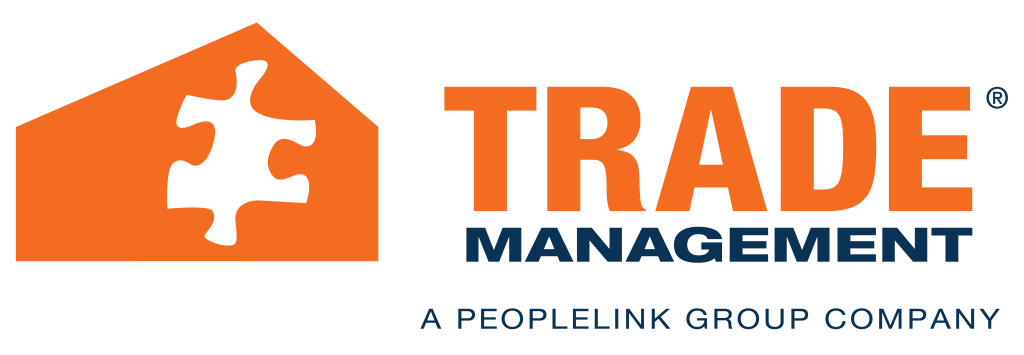Running a successful construction business can be challenging. The high number of industry risks often causes companies to fail.
Multiple issues cause most construction company failures. Understanding the most common issues helps you avoid them.
Pay attention to these five root causes of construction company failures to increase your odds of success.
Insufficient Capital
Running a construction company requires a significant amount of capital. Tools, heavy equipment, vehicles, and other fixed assets require substantial amounts of capital.
Insufficient capital poses a substantial risk for a construction company. For instance, overleveraging, tying up funds in ongoing projects, and overinvesting in underutilized fixed assets may cause the company to access reserve capital. If the company leadership depletes the reserve capital, the business will be unable to manage unexpected events or get through lean times.
Improper Cash Flow
The amount of cash coming into and going out of the construction company must be effectively managed. This includes efficiently managing project budgets, billing for projects, and collecting invoices.
Responsibly managing cash flow allows the company to pay its expenses and debts, reinvest in the business, and maintain emergency reserves. Having more money going out than coming in can result in company failure.
Inadequate Workforce
A construction company is as good as its workers. This includes everyone from the executive leadership team down.
Having the right workers in place means they are engaged and productive. These workers perform efficiently, finishing the work both on time and within budget.
Offering competitive income and benefits, providing on-the-job training, and promoting from within create a culture that attracts and retains quality workers. Failure to fulfill these needs encourages workers to find employment elsewhere. The lack of a qualified workforce leads to company failure.
Subpar Project Performance
The projects a construction company takes on must be profitable. Determining which projects are the right fit for the business is important.
For instance, completing due diligence when estimating and job costing helps the company take on profitable work. Also, planning the work to complete the project on time and within budget increase the likelihood of making money. Additionally, having the right leadership, workers, and equipment help a project be profitable.
Failure to effectively manage projects may result in thin margins or substantial losses. Repetitive losses can result in the company’s failure.
Rapid Business Growth
A construction company’s expansion requires the proper knowledge, resources, and workforce. This growth may include taking on additional or larger projects, entering new geographic areas, or constructing new types of buildings.
Making incremental changes tends to be the most effective for company expansion. Conversely, a lack of research and planning can result in complications and company failure.
Need Help Adding to Your Team?
Trade Management has the skilled trade professionals needed to complete your construction projects. Learn more today.


